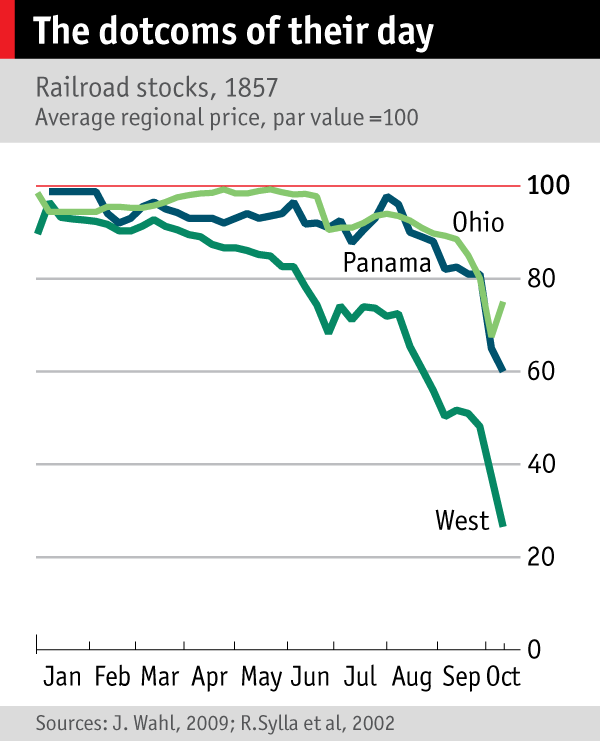October 24th 1929 Stock market crash hits banks firms economists
Post on: 6 Июль, 2015 No Comment

by Patrick Love
Wasn't his fault
In October 1929, with storm clouds gathering, economist Irving Fisher warned against blind panic. There may be a recession in stock prices, but not… a crash since Stocks have reached what looks like a permanently high plateau.
A bit earlier, President Hoover could claim with pride that: Given a chance to go forward with the policies of the last eight years, we shall soon with the help of God be in sight of the day when poverty will be banished from this nation.
The working man would be the first to profit, with the US Department of Labors New Year’s Forecast promising that 1930 will be a splendid employment year.
Entrepreneurs were buying their rose-tinted glasses from the same shop as politicians and academics. Thomas Watson, founder of IBM looked forward with confidence to the progress of business in 1929 .
Then came Black Thursday, October 24 th 1929, with the New York Stock Exchange down 11% on opening. Things improved temporarily in later trading, but a whole series of Blackdays lay in store and the stock market crash would soon provoke the worst depression the world had ever known.
It seems astonishing in retrospect that the optimism mentioned above seems to have been crash proof. The Chairman of the Continental Illinois Bank of Chicago stated that This crash is not going to have much effect on business . Away from the grubby world of wheeling and dealing, the Harvard Economic Society’s Weekly Letter dated January 18, 1930, agreed. With the underlying conditions sound, we believe that the recession in general business will be checked shortly and that improvement will set in during the spring months. The Letter went bankrupt shortly afterwards.
And today? You may remember the bemused question about the latest crisis Queen Elizabeth asked at the London School of Economics in November 2008: Why did nobody notice it?
For Professor John Kay of the London Business School and Oxford (and visiting Professor at LSE) one of the reasons is the dominant approach of the profession itself. “If much of the modern research agenda of the economics profession is thus unconnected to the everyday world of business and finance, this is also largely true of what is taught to students [who] could import data on GDP and consumer prices into a statistical package but would be little better equipped than the person in the street to answer questions such as ‘why were nationalised industries more efficient in France than in Britain?’”
The Institute for New Economic Thinking asked a number of economists to respond to Kay. You can find their replies here .
What do you think? Have the economists and analysts got any better since the Great Depression, or is their main preoccupation explaining why their last forecast was wrong, but we should trust the new one?














